Card Phone
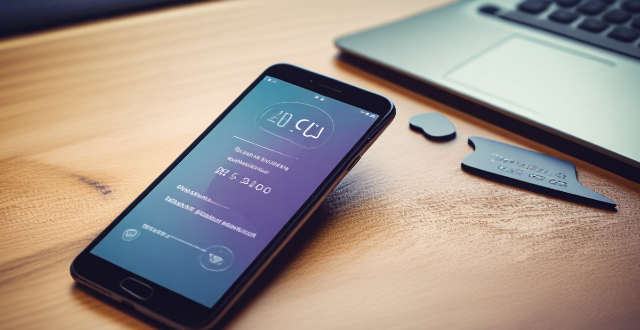
How do I register a new SIM card ?
This is a step-by-step guide on how to register a new SIM card, including purchasing the card, activating it, setting up the phone, configuring network settings, verifying your phone number, and updating contact information with the mobile network operator.

What causes poor cell phone reception ?
Cell phone reception can be affected by various factors, including building materials and structures, terrain and geography, weather conditions, interference from other devices, network congestion, cell phone issues, and SIM card problems. Understanding these factors can help in finding solutions to improve reception.

Is there a fee to register a SIM card ?
Registering a SIM card is crucial for mobile phone users to access services from network operators. Prepaid SIM cards are generally free to register, while postpaid ones may incur a fee. Despite potential fees, registering provides benefits like identity verification, security, and customer support.

What happens if I don't register my SIM card ?
Registering a SIM card is an essential process for using mobile services. If you don't register your SIM card, there are several consequences that you may face, including limited access to mobile services, inability to activate additional features, difficulty in resolving issues, potential legal implications, and inability to prove ownership. It is important to understand the local laws regarding SIM card registration before deciding not to register. Registering your SIM card ensures full access to mobile services, ability to activate additional features, easier issue resolution, compliance with legal requirements, and proof of ownership.
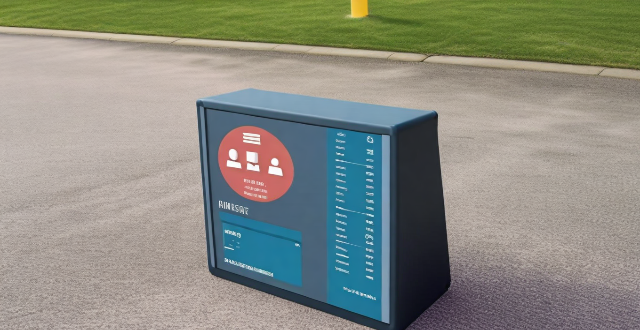
How can I improve my cell phone signal ?
Improving your cell phone signal can be crucial for effective communication. Here are some tips to enhance your signal: check for obstructions, switch network settings, remove cases and covers, restart your phone, update firmware, use a signal booster, or contact your service provider for assistance.
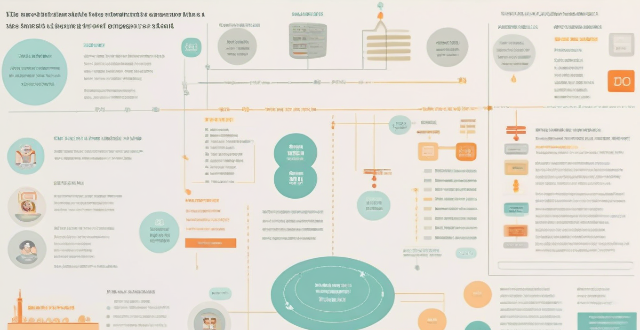
Where can I go to register a SIM card in person ?
This guide provides a detailed explanation of where to go for SIM card registration, the required documents and process, tips for a smooth experience, and additional information to help individuals successfully register for a SIM card in person while in China. It covers visiting directly operated service halls of major network operators, necessary documents like a passport, steps involved in the application process, communication tips, and more. By following this guide, individuals can save money on data plans and easily use local apps and services.

Can I register a SIM card online ?
The process of registering a SIM card online involves choosing a mobile network operator, visiting their website, entering personal information, activating the SIM card, waiting for confirmation, and starting to use the new SIM card. It is a convenient and easy process that allows users to activate their mobile service without having to visit a store in person.

How often do credit card rewards expire ?
This text provides an in-depth analysis of credit card rewards expiry. It explains the various types of rewards and their typical expiration timelines, including cashback rewards, travel points, and other benefits. The article also offers tips on how to maximize the value of these rewards before they expire, such as staying organized, planning ahead, redeeming early, exploring redemption options, and negotiating with your credit card issuer if necessary. Overall, it emphasizes the importance of understanding the terms and conditions of credit card rewards to make the most of them.

How do I remove a card from Apple Pay ?
Removing a card from Apple Pay is a simple process that takes only a few seconds. Here's how to do it: 1. Open the Wallet app on your iPhone or iPad. 2. Tap on the card you want to remove. 3. Tap on the three-dot icon at the bottom right corner of the screen. 4. Tap on "Remove This Card." 5. Confirm the removal by tapping on "Remove." Remember to always keep your payment information up-to-date and secure.

How do I troubleshoot a weak cell phone signal ?
Troubleshooting a weak cell phone signal involves identifying the problem, trying various solutions such as restarting your phone, checking for obstructions, updating your device, switching network settings, checking for network outages, and contacting your carrier for assistance. By following these steps, you should be able to improve your cell phone signal strength and enjoy better call quality and data speeds.

Can I register a SIM card for someone else ?
Can I register a SIM card for someone else? The legality of this action varies by country, and it can lead to severe consequences if done illegally. Reasons for doing so include convenience and privacy, but there are potential security risks and liability issues involved. Alternatives such as prepaid SIM cards and virtual SIM cards offer more privacy and convenience without the associated risks.

How do I maximize my credit card rewards ?
Maximizing Credit Card Rewards: Tips for Earning More Credit card rewards can be a valuable way to save money and earn cash back, travel points, or other perks. To maximize your rewards, it's important to choose the right credit card, use it regularly, take advantage of bonus categories, and track your rewards. You should also combine rewards with other discounts, consider a card with an annual fee, avoid unnecessary fees, monitor your credit score, and don't overspend. By following these tips, you can make the most of your credit card rewards while using them responsibly.

What information is required to register a SIM card ?
Required Information for SIM Card Registration Personal Information: Full name, date of birth, address, phone number, email address. Identification Documents: Government-issued ID and proof of address. Payment Information: Credit/debit card or bank account details. Additional Information: Employment information, social security number or tax ID, referral code (if applicable).

How can I fix a bad cell phone signal ?
How to Fix a Bad Cell Phone Signal A poor cell phone signal can be frustrating, especially when you need to make an important call or access the internet. Here are some tips on how to fix a bad cell phone signal: 1. Check Your Network Coverage - Check for network outages - Try another network 2. Identify and Remove Obstacles - Move to an open area - Remove objects blocking the signal 3. Restart Your Phone - Turn off your phone - Turn on your phone 4. Update Your Phone Software - Check for software updates - Clear cache and data 5. Use a Signal Booster or Antenna - Use a signal booster - Use an external antenna
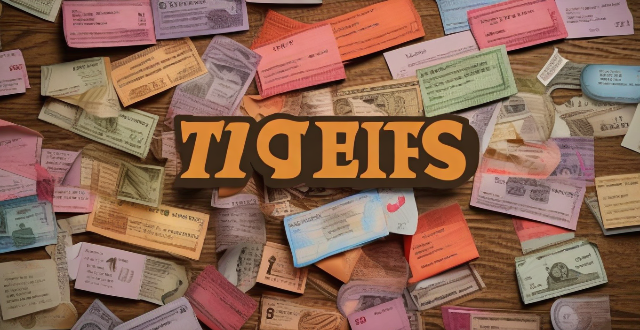
What are the best credit card rewards programs ?
The article lists several credit card reward programs that offer various benefits such as cashback, points, and miles. The Chase Sapphire Preferred Card offers 5x points on travel purchases and a sign-up bonus of 80,000 points. The American Express Gold Card provides 4x points at restaurants and U.S. supermarkets with a 60,000 points sign-up bonus. The Citi Double Cash Card gives 2% cash back on all purchases with no annual fee. The Capital One Venture Rewards Credit Card earns unlimited 2x miles per dollar on every purchase with a one-time bonus of 75,000 miles. Finally, the Blue Cash Preferred Card from American Express offers 6% cash back at U.S. supermarkets and a $300 statement credit after spending $3,000 in purchases within the first 6 months.

How do I know if my SIM card is already registered ?
To check if your SIM card is registered, you can contact your service provider by phone or visit a store, check online through their website/app, email inquiry, check SMS alerts, look for verification codes like OTP and banking alerts, and use government portals like eKYC services and TAN/Form 26AS notifications.

What are the requirements for obtaining a Green Card in the USA ?
The process of obtaining a Green Card in the USA involves meeting specific eligibility criteria, completing necessary forms and submitting supporting documents, attending an interview, undergoing a medical examination, passing a background check, and receiving the card in the mail. To maintain permanent resident status, one must live in the U.S. for at least half of each year, file taxes annually, renew their Green Card every 10 years, and avoid committing certain criminal offenses.
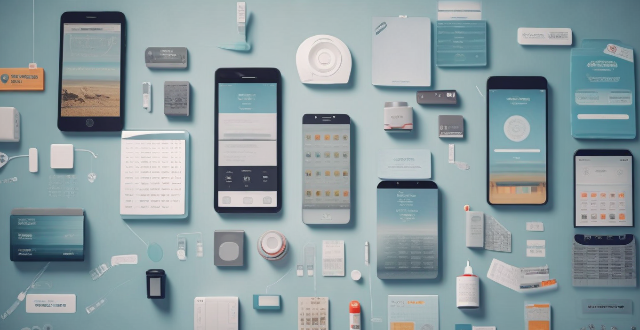
Why does my cell phone have no service in some places ?
Cell phone service can be affected by various factors, leading to no service or weak signal in certain areas. The main reasons include network coverage, physical obstructions, technical issues, and other external factors like weather conditions and congestion. It's essential to check with your cell phone provider if you frequently face service issues in specific locations.

What constitutes proper cell phone etiquette for women in public ?
Proper cell phone etiquette is essential for women in public to maintain a professional and respectful image. Here are some guidelines to follow: - Keep your phone on silent or vibrate mode to avoid disturbing others and be considerate of the environment. - Use headphones or earbuds when listening to music or watching videos to respect personal space and avoid disturbing others. - Avoid talking loudly on your phone and step away from crowded areas if possible. - Be mindful of your surroundings and avoid using your phone during meetings or events. By following these guidelines, you can maintain a professional and respectful image while using your cell phone in public.

What banks and credit card providers support Apple Pay ?
Apple Pay is a mobile payment and digital wallet service that works with Apple devices. It allows users to make secure purchases in person, in iOS apps, and on the web using Safari. Many banks and credit card providers support Apple Pay, including Bank of America, Capital One, Chase, Citi, Wells Fargo, American Express, Discover, MasterCard, and Visa. Adding your card to Apple Pay is a straightforward process involving opening the Wallet app, tapping the plus sign, and following the steps to add a new card. The availability of Apple Pay and the specific cards it supports may vary by country or region, so it's important to check with your bank or card issuer to confirm compatibility and get any necessary instructions.

Can I use my credit card for currency exchange ?
Using a credit card for currency exchange is convenient but comes with potential fees and less favorable exchange rates. It involves dynamic currency conversion by your bank or credit card issuer, which may add a spread or margin to the rate. To use your credit card for currency exchange, ensure it's eligible for international use, notify your bank of travel plans, understand associated fees, choose to pay in local currency, and monitor transactions. While offering convenience and security, drawbacks include fees, potentially unfavorable rates, and the need to manage credit limits. Comparing cards based on fees and rewards can optimize benefits.